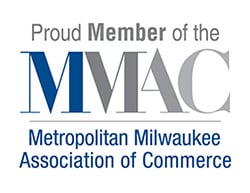Wisconsin has many families with significant assets that will get transferred from one generation to the next. The potential asset transfers in the United States are anticipated to reach up to $68 trillion over the next 25 years and set a national record for total value of assets transferred from one generation to the next. The total value of wealth affirms the importance of smart planning to ensure a smooth transition and ensure a relatively smooth transition, but many make common mistakes could lead to a dragged-out probate process.
Easy to overlook potential beneficiaries
One of the biggest estate planning mistakes that heads of households make is not anticipating changes in the family structure over time. That can lead to benefactors not listing beneficiaries or otherwise improperly listing them, which could trigger a lengthy probate process that lasts many months or even years. The more valuable the estate and the more potential claims against it that could arise over time, the more you need to ensure a good estate plan that will provide your intended beneficiaries with the assets you intend while also settling any remaining estate debts.
Minors are potential issues
If you have one or more minors to whom you want to bequeath an inheritance, an untimely demise might leave them with nothing until they become adults. A designated guardian would control any assets intended for the minors, which might leave those assets vulnerable if the guardian is dishonest. The problem is made even harder if you have financial assets in your name, like savings accounts or CDs that do not have designated beneficiaries. If the estate plan does not address these assets, the probate court could wind up handling them in a manner in which you might not approve.
An experienced estate law attorney in the greater Milwaukee area may help to strengthen your plan. You may want to schedule updates for your estate plan around major changes in your family or changes to the tax code.



